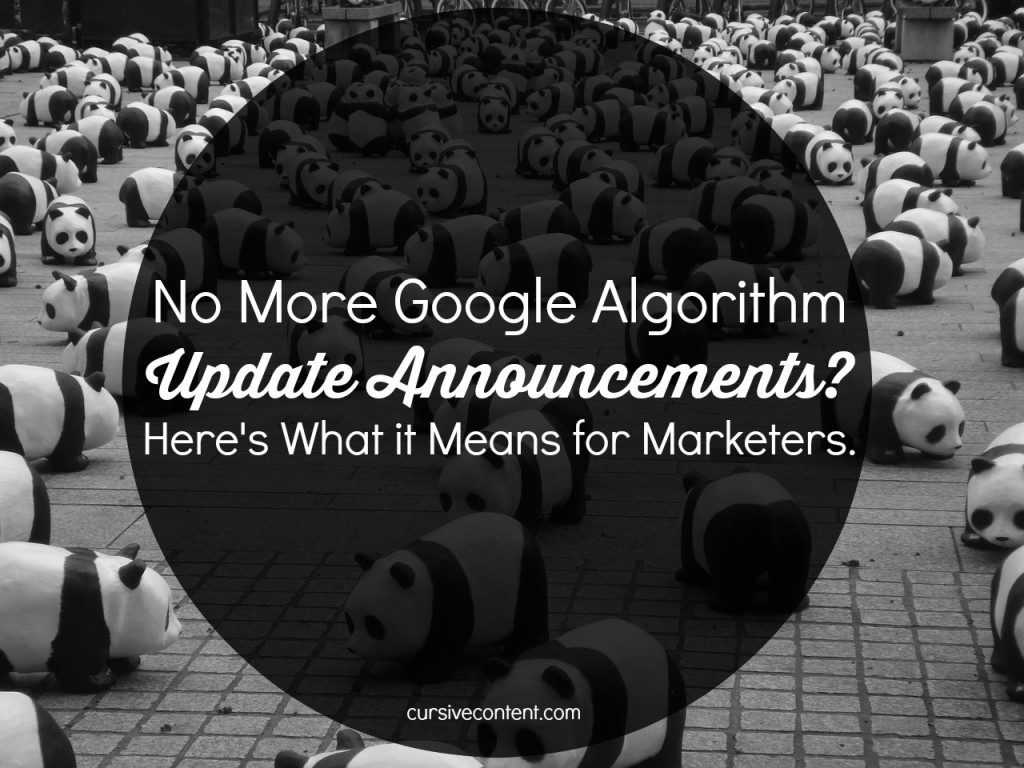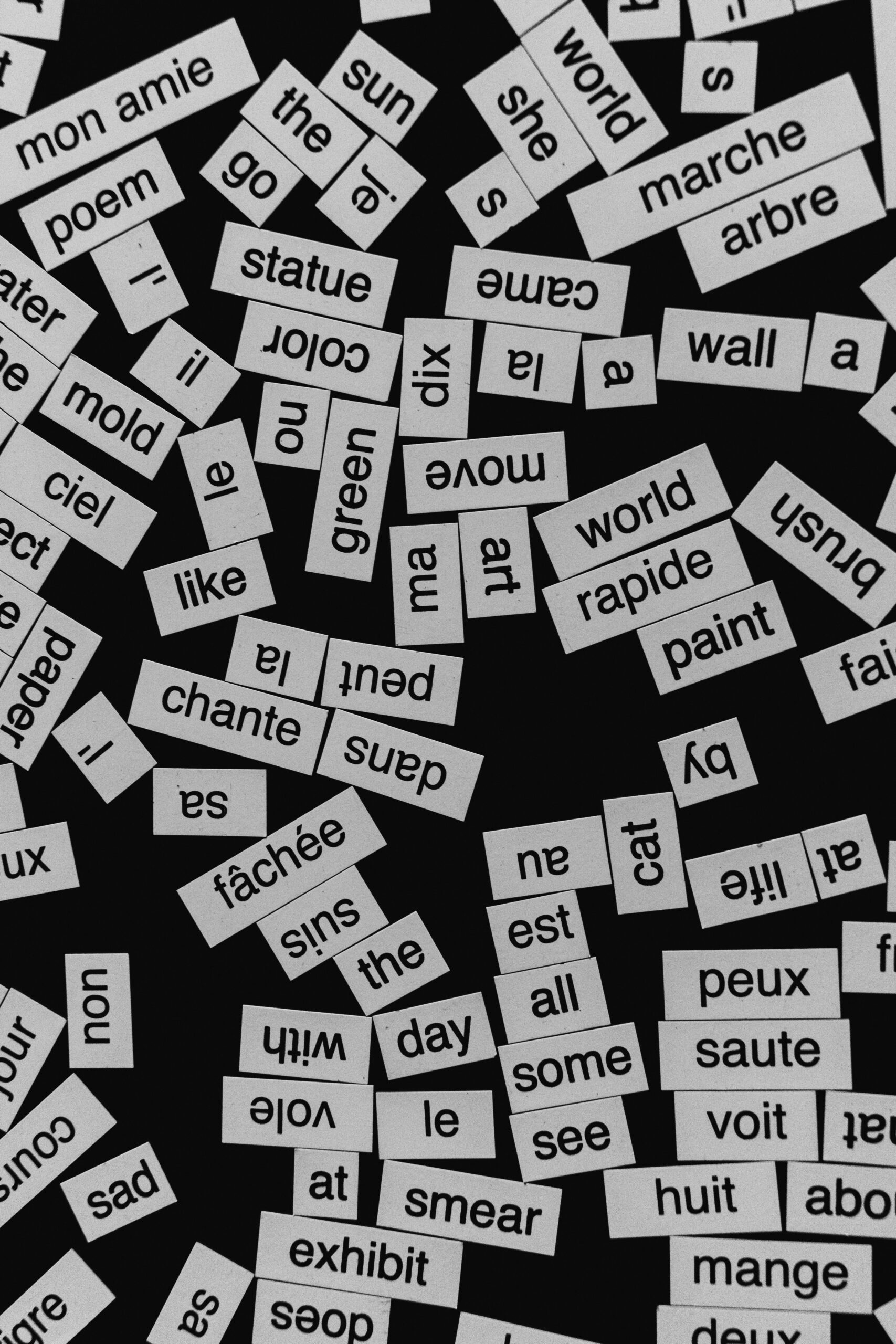No More Google Algorithm Update Announcements? Here's What it Means for Marketers.

Panda. Pigeon. Penguin. Hummingbird.
For many people, these words conjure up adorable images of cute little creatures. For online marketers, however, they paint a more ominous picture.
Why? They all represent changes to Google’s algorithms — changes that affect the way SEO experts and marketers do business (and get results) online.
Well friends, the days of being frightened by Pigeon are numbered (unless you live in New York City). Because Google is changing its ways.
In the recent Search Engine Land article They Fooled Us All: Why Google May No Longer Announce Major Algorithm Updates, author Nate Dame explores the search giant’s dramatic decrease in algorithm update announcements, and explains how it may be related to Google’s investment in artificial intelligence.
Dame writes:
“Google is already releasing algorithms that learn. The latest, dubbed “DQN,” is learning and mastering Atari games all on its own. Google search results are always getting smarter. The changes in results are becoming deliberately more subtle and more intuitive, such that most users hardly notice them at all. If Google’s algorithms are in the early stages of learning, they can easily make small, undercover changes on the fly.”
This means that, instead of large updates, Google may be focusing on making continuous updates as its algorithms get smarter and smarter. (In other creepy words, the robots are running the show.) Eventually, Dame poses, Google’s algorithms could be entirely run by artificial intelligence.
But before you freak out over a Terminator-like future, let’s take a minute and think about what this means to marketers and business owners.
The outcome is that SEO will be harder to master — and Google will be harder to trick. This means marketers will need to be diligent about SEO in general and not hyper-focused on Google’s latest announcement and the slight changes it brings.
Sure, people will still try to figure out what Google is up to, but because there will no longer be a definitive word from Google itself, it will be even more difficult for the everyday marketer or business owner to get a strong handle on SEO.
It also means that marketers need to continue (or start) to emphasize valuable, audience-focused content. As Stacy Firth, my co-nerd here at Cursive, explains:
“More than ever, this means that content quality and audience wants/needs are paramount — both because that’s what Google cares about now, and because we will no longer know exactly what Google cares about in the future. So theoretically (and hopefully!) marketers will focus their content on what they can learn about — audience.”
Marketers have ways to understand their audiences, create content for their audiences, and measure how effective that content is with their audiences. Google wants to provides its audiences with the very best content. So if you’re focused on content rather than on SEO trickery, you’ll be OK.
Until Google’s algorithms learn how to copy write. Then we’re all screwed.
What are your thoughts on Google, artificial intelligence, and saying goodbye to algorithm announcements? Share them in the comments, and subscribe below to get more tips on crafting and sharing a story that will engage your audience and grow your business.
MORE ARTICLES
-
 Why “Strong Academics & Caring Community” Aren’t a School Story
Why “Strong Academics & Caring Community” Aren’t a School Story -
 Busy, Scattered, Exhausting: What’s Really Wrong With Your School Marketing
Busy, Scattered, Exhausting: What’s Really Wrong With Your School Marketing -
 Why Most Schools Don’t Actually Have a Clear Story
Why Most Schools Don’t Actually Have a Clear Story -
 Clarity in 50 Words or Less: How to Write Your School’s One-Sentence Story
Clarity in 50 Words or Less: How to Write Your School’s One-Sentence Story -
 What Should Your School Do with Its Blog Now That AI Is Changing Search?
What Should Your School Do with Its Blog Now That AI Is Changing Search? -
 What Is Your Private School’s Bold & Unifying Big Promise?
What Is Your Private School’s Bold & Unifying Big Promise? -
 AI Writing Prompts to Power Private School Storytelling
AI Writing Prompts to Power Private School Storytelling -
 When to Outsource Your Private School Content Marketing to an Expert
When to Outsource Your Private School Content Marketing to an Expert